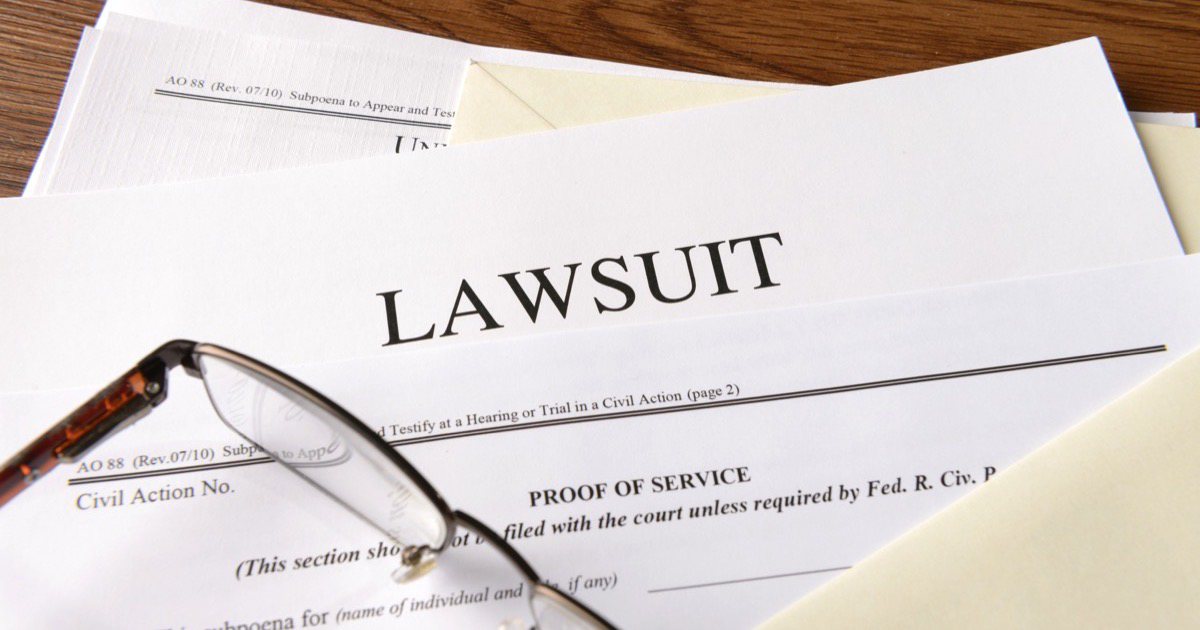Apple faces a class action lawsuit over the way customers can either “buy” or “rent” content in the iTunes Store like movies and TV shows (via THR).
Buy vs Sell
Lead plaintiff David Andino argues that Apple engages in deceptive practices, such as its ability to “terminate access to what consumers have ‘purchased.’” For example, a man named Matthew Price is currently suing Apple after having lost nearly US$25,000 worth of content after the company terminated his Apple ID. This is content he purchased and didn’t “rent.”
Apple is arguing that “no reasonable person would believe that purchased content would remain on the iTunes platform indefinitely. But U.S. District Court Judge John Mendez doesn’t buy it:
But in common usage, the term ‘buy’ means to acquire possession over something. It seems plausible, at least at the motion to dismiss stage, that reasonable consumers would expect their access couldn’t be revoked.
The deception argument lies in the fact that even when a customer does “buy” iTunes goods, Apple can still remove it from the platform at its discretion. Therefore, the word “buy” is false because the customer loses their purchased content.
David Andino (“Plaintiff”) argues this labeling is deceptive as the use of a “Buy” button and representation that content has been “Purchased” leads consumers to believe their access cannot be revoked.
The Hollywood Reporter notes that Judge Mendez left open the possibility of injunctive relief that could force Apple to change the way it sells content.

It is called greed. Greed, greed and greed. And misleading and cheating.
My only purchases from Apple have been books and music, never any video products, mostly because I prefer to possess the media in-hand, which I can do with the downloaded audio files (and backed up to other media). I agree that the language needs to be more transparent, but I suspect that it stems more from all the digital rights laws that have complicated who owns what and how it can be distributed. I suspect this is less Apple’s fault and highly unlikely to be “deceptive” language; rather a consequence of the digital rights laws themselves. Everyone with a gripe throws out a lawsuit, mostly nuisance suits. One factor we don’t know is why the account was terminated. There may be more to that than the plaintiff wishes to expose. And really…$25,000 worth of video? Somebody has a lot of money to burn, apparently.
Without supporting either side in this, I think it is a question that should be settled. What does buy mean when you aren’t getting anything physical, when a company can reach into your device and remove it, when it becomes useless if some server out there goes down? Is buy the right word to be using for these somewhat etherial transactions?
“What does buy mean when you aren’t getting anything physical,” Non Fungible Tokens? 😀